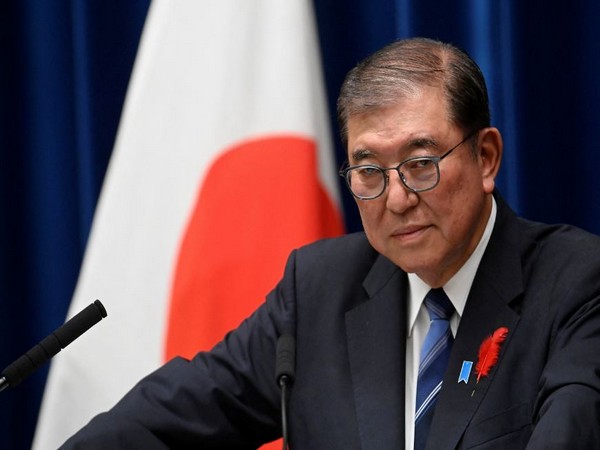Turmoil in Japan: PM Ishiba Resigns Amidst Party Pressure
Japanese Prime Minister Shigeru Ishiba announced his resignation amid internal party pressure following a historic defeat in parliamentary elections. Ishiba, facing demands to resign, sought to avoid a political vacuum amidst key international challenges, including U.S. tariff negotiations. His exit opens the way for a leadership election within his party.

- Country:
- Japan
In a significant political move, Japan's Prime Minister Shigeru Ishiba announced his resignation on Sunday. This decision came amidst mounting pressure from within his own Liberal Democratic Party following a historic defeat in July's parliamentary elections.
Ishiba, who had taken office earlier in October, was a moderate centrist who resisted demands to step down from more conservative elements within the party. He expressed his intent to avoid a political vacuum during crucial tariff negotiations with the U.S., describing the matter as being of national interest.
The resignation unfolded as the party deliberated on holding an early leadership election. Ishiba cited a desire to prevent a party division from a no-confidence motion, opting instead to initiate a process for electing a new leader, expected to conclude by October. Despite unfinished business, Ishiba remains in office until his successor is chosen.
(With inputs from agencies.)
ALSO READ
Rupee Watch: Navigating Tariffs, Exchange Rates, and GST Reform
India's Resilience Amid US Tariffs and GST Reforms
Kejriwal Challenges Modi to Raise Tariffs Against US Imports
India-US Trade Talks: Navigating Tariffs and Diplomatic Ties
UPDATE 1-India plans relief package for exporters hit by US tariffs










